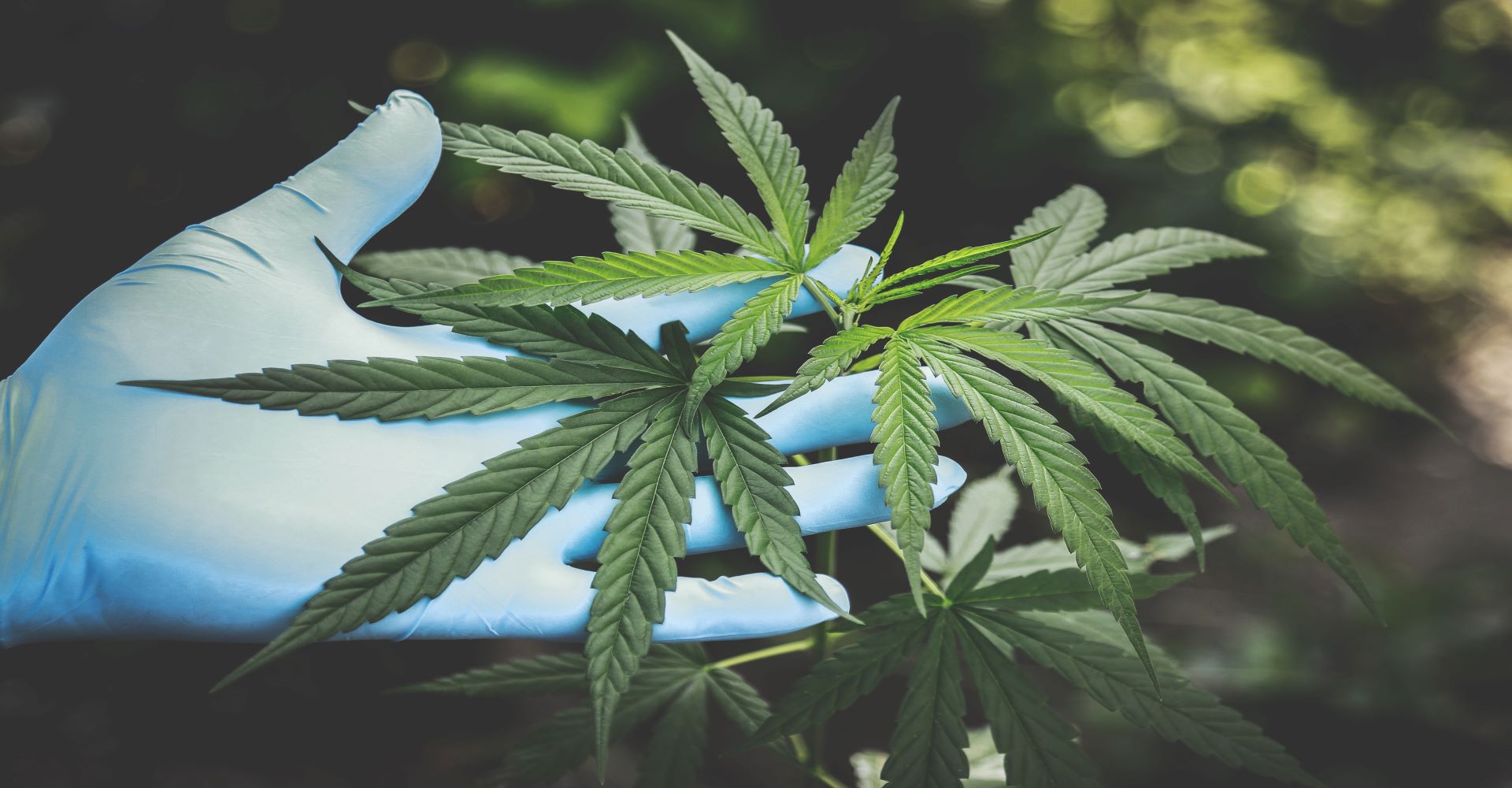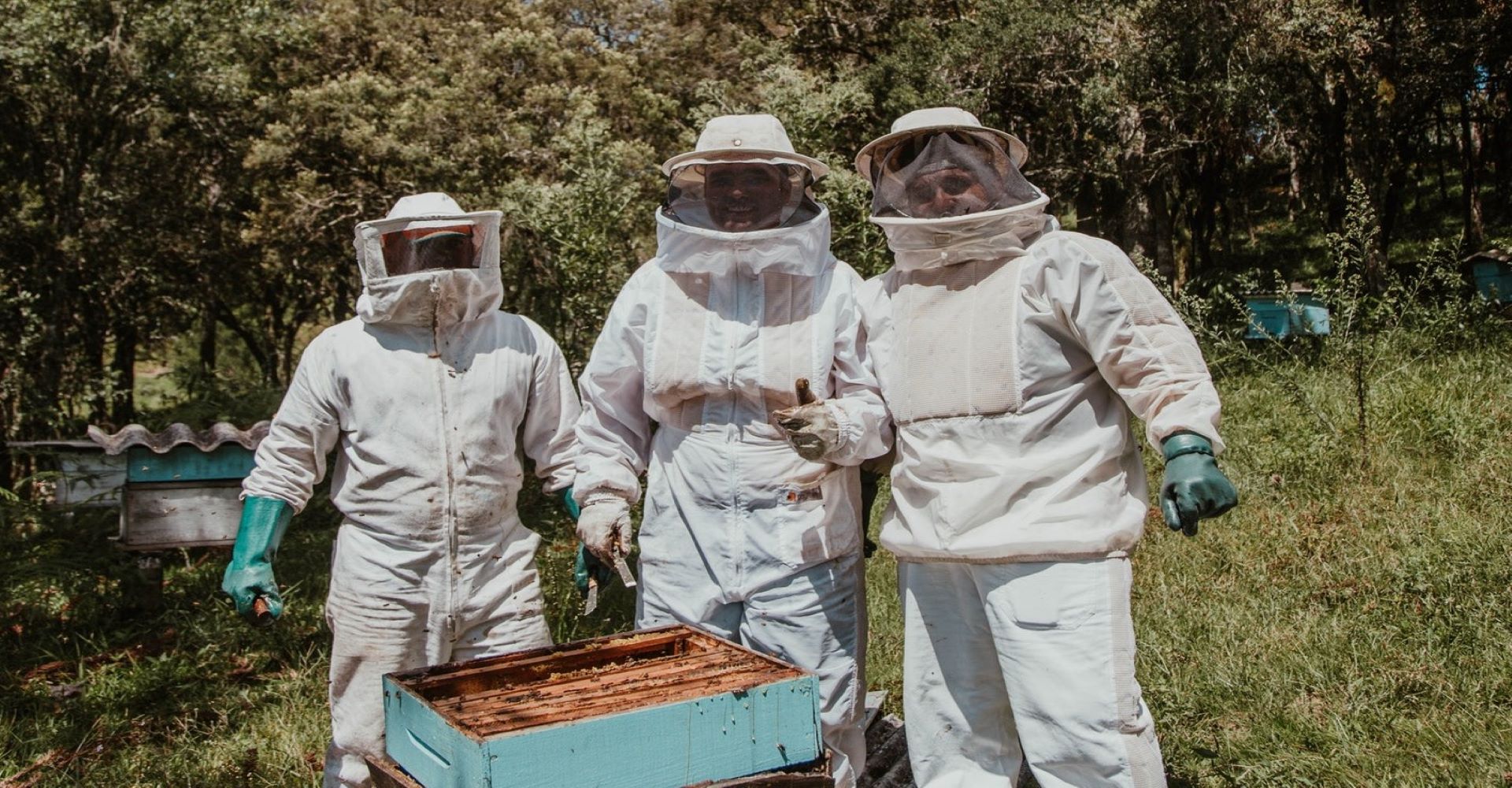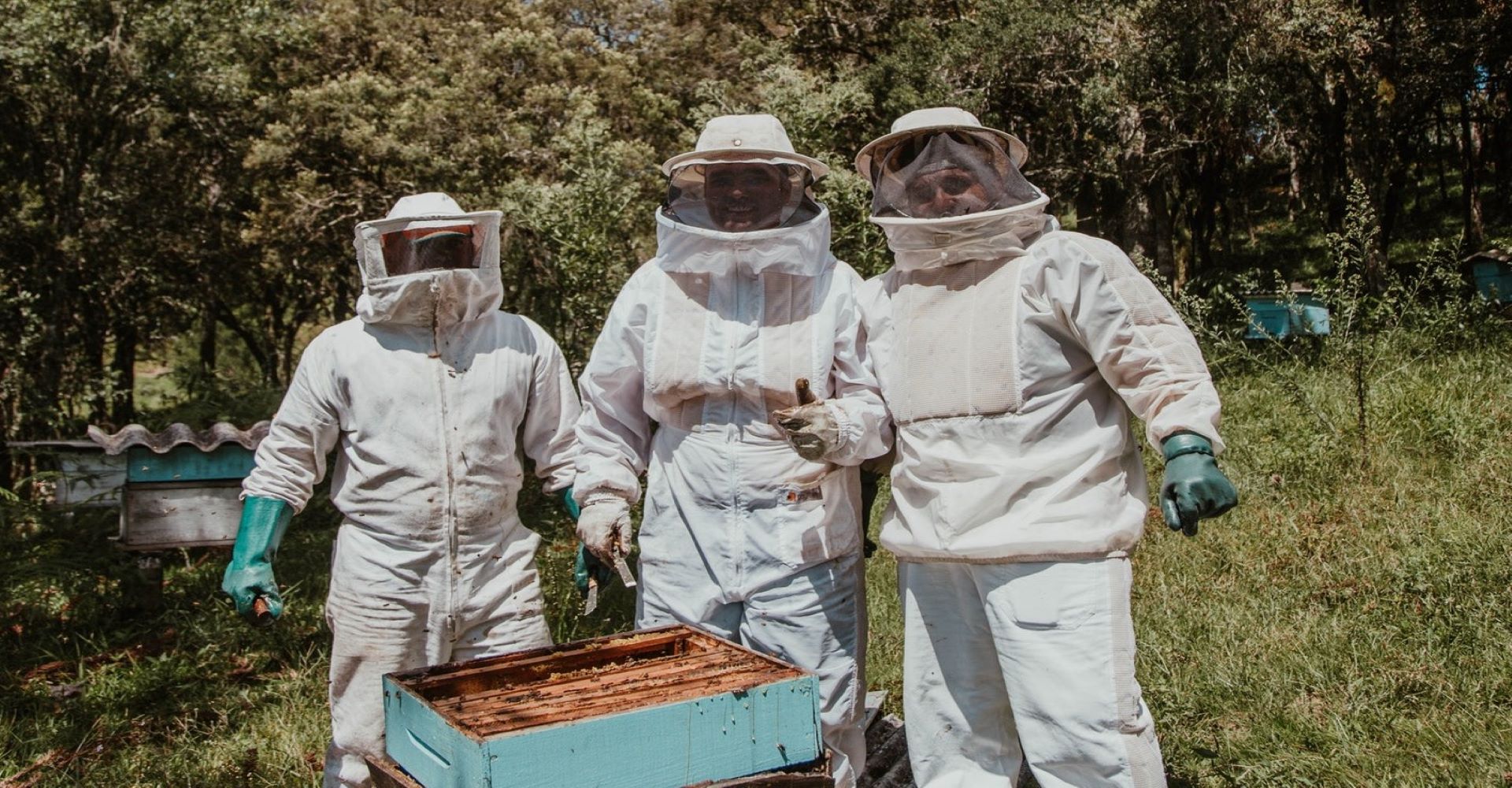CBD for Animals: A Cautionary Note
CBD products are a hot topic in veterinary medicine right now, but it's important to not get ahead of ourselves as professionals with a...

Cannabinoid use is such a hot topic, it's sometimes hard to sift out the myths and hearsay from the facts. Dr. Dawn Boothe explains what the growing trend means for veterinary medicine.
The United States has a complex relationship with cannabinoids. The vastly different varieties, multiple names (hemp, marijuana, cannabis, etc.), and questions of safety have led to confusion and a reexamination of the value of this plant for our society.
Dr. Dawn Boothe, a double-boarded veterinarian in internal medicine and pharmacology at Auburn University, is excited to explore the possibilities of cannabinoid use to improve pain management and quality of life for veterinary patients. In a Quick Cup of Knowledge, Dr. Boothe talks to Dr. Natalie Marks about what we know and what is being done to learn more.
What is it?
When we talk about cannabinoids as medicine, what are we actually talking about? Of the various cannabinoid constituents available, the products you as a veterinary professional would prescribe to patients is industrial hemp, not marijuana.
According to Dr. Boothe, it’s fair to talk about marijuana and industrial hemp as two different products. Legally defined, industrial hemp contains .3% or less of THC, which is the psychoactive component in marijuana. Marijuana-based products are less reliable when it comes to knowing the levels of substances like THC and CBD, leading to unanticipated side effects.
What studies have been done in veterinary medicine?
Though there are many studies on the effects of cannabinoids in humans, the amount of studies done with cannabinoids in veterinary medicine is limited. While we’re able to extrapolate some aspects of the human clinical trials as concerns pain management, anxiety, and cancer treatments, there’s still much we need to know.
One of the reasons for the lack of clinical trials in veterinary medicine, Dr. Boothe says, is the fact that the DEA named CBD, one of the most popular cannabinoids, a schedule 1 substance. That’s where the definition of industrial hemp helps—products from industrial hemp are not schedule 1 substances and will be more available for veterinary professionals to use and prescribe.
A recent study by Cornell University demonstrated the efficacy of CBD-based products in treating osteoarthritis. At Colorado State, they’ve studied the use of CBD to treat dogs with epilepsy. And at Auburn, where Dr. Boothe works, they plan to execute a quality of life survey for dogs. This validated survey will track cannabinoids in dogs suffering from chronic diseases for 4-6 months.
As you can see, clinical trials looking at cannabinoids in the veterinary field are scarce. A key element in those clinical studies will be making sure the products tested in clinical trials are the same products used in practice because these products are incredibly variable.
Can clients give it to their pets?
It’s important to note that just because marijuana is now legal in the US for recreational or medicinal use doesn’t mean it’s legal to use for veterinary patients. Dr. Boothe is sure to note that that resolution is still ongoing.
That said, clients often ask if it’s okay for them to give CBD products to their pets suffering from chronic pain. Dr. Boothe says that although no product on the market is legal (yet), clients can probably give it to their pets.
Because of the variability of these products and the lack of regulation, however, clients must understand there is no confidence about the amount of CBD or other components in that little bottle they bought. In fact, the dose is probably too low, Dr. Boothe says.
For example, CBD gummy bears contain 5mg per bear. The CBD product recently approved as a drug in the US, Epidiolex, contains a starting dose of 2 mg/kg and goes up to 25 mg/kg twice per day. So, that 5mg gummy bear may be beneficial for a Yorkie, but it’d be another story for a Labrador.
Word of Caution
When discussing a substance with exciting potential and many unknowns, being careful is always wise. Remember that cannabinoid products manipulate a very integrated physiological system in the body, and that is something to be aware of when talking to clients about them. Not to mention, right now we might not know what exactly are in these products.
Dr. Boothe urges caution due to the little we know yet about these products but is optimistic about the good this plant can potentially do for patients and clients everywhere.
Stay in the Know!
If you’re looking to further the oncology skills you already have, WVC’s Advanced Surgical Oncology Course is worth checking out!
Click the link to subscribe to our YouTube channel or check out our WVC Resource Library full of great podcasts, videos, and digital downloads!
Disclaimer
Content may contain advertising and sponsorships. Advertisers and sponsors are responsible for ensuring that material submitted for inclusion is accurate and complies with applicable laws. We are not responsible for the illegality of any error, inaccuracy, or problem in the advertiser’s or sponsor’s materials.
Advertising material and/or opinions are not are not a reflection on Viticus Group.

CBD products are a hot topic in veterinary medicine right now, but it's important to not get ahead of ourselves as professionals with a...

We'd be in real trouble without pollinators, and it's veterinary medicine's job to take care of them. How can veterinary professionals do their...

Honeybees are the most important food animals on the planet, and they need our help now more than ever.